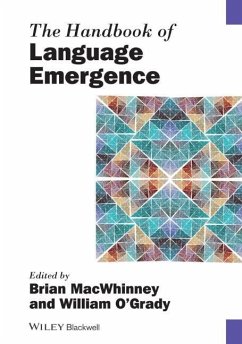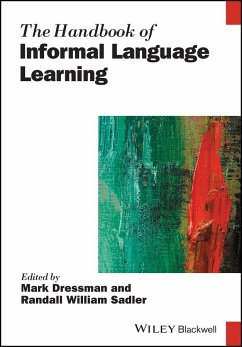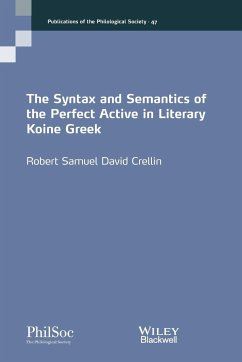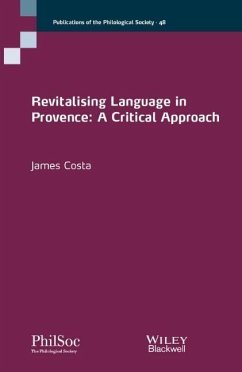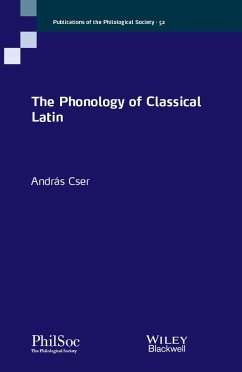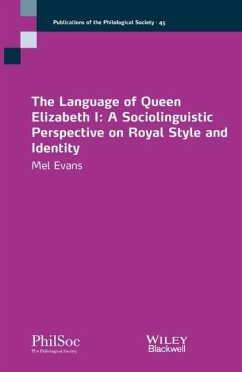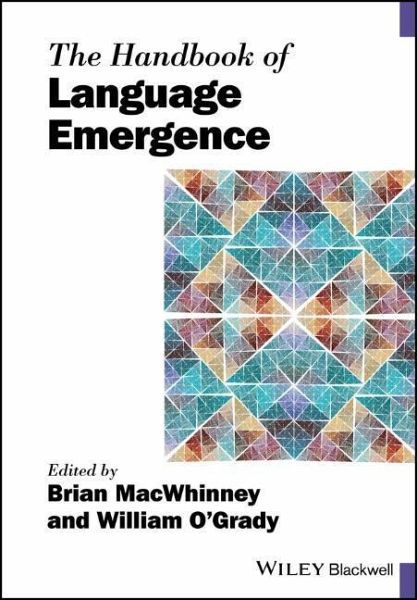
The Handbook of Language Emergence
Versandkostenfrei!
Versandfertig in über 4 Wochen
61,99 €
inkl. MwSt.
Weitere Ausgaben:

PAYBACK Punkte
31 °P sammeln!
This authoritative handbook explores the latest integrated theory for understanding human language, offering the most inclusive text yet published on the rapidly evolving emergentist paradigm._ Brings together an international team of contributors, including the most prominent advocates of linguistic emergentism_ Focuses on the ways in which the learning, processing, and structure of language emerge from a competing set of cognitive, communicative, and biological constraints_ Examines forces on widely divergent timescales, from instantaneous neurolinguistic processing to historical changes and...
This authoritative handbook explores the latest integrated theory for understanding human language, offering the most inclusive text yet published on the rapidly evolving emergentist paradigm.
_ Brings together an international team of contributors, including the most prominent advocates of linguistic emergentism
_ Focuses on the ways in which the learning, processing, and structure of language emerge from a competing set of cognitive, communicative, and biological constraints
_ Examines forces on widely divergent timescales, from instantaneous neurolinguistic processing to historical changes and language evolution
_ Addresses key theoretical, empirical, and methodological issues, making this handbook the most rigorous examination of emergentist linguistic theory ever
_ Brings together an international team of contributors, including the most prominent advocates of linguistic emergentism
_ Focuses on the ways in which the learning, processing, and structure of language emerge from a competing set of cognitive, communicative, and biological constraints
_ Examines forces on widely divergent timescales, from instantaneous neurolinguistic processing to historical changes and language evolution
_ Addresses key theoretical, empirical, and methodological issues, making this handbook the most rigorous examination of emergentist linguistic theory ever




